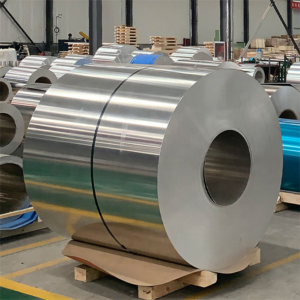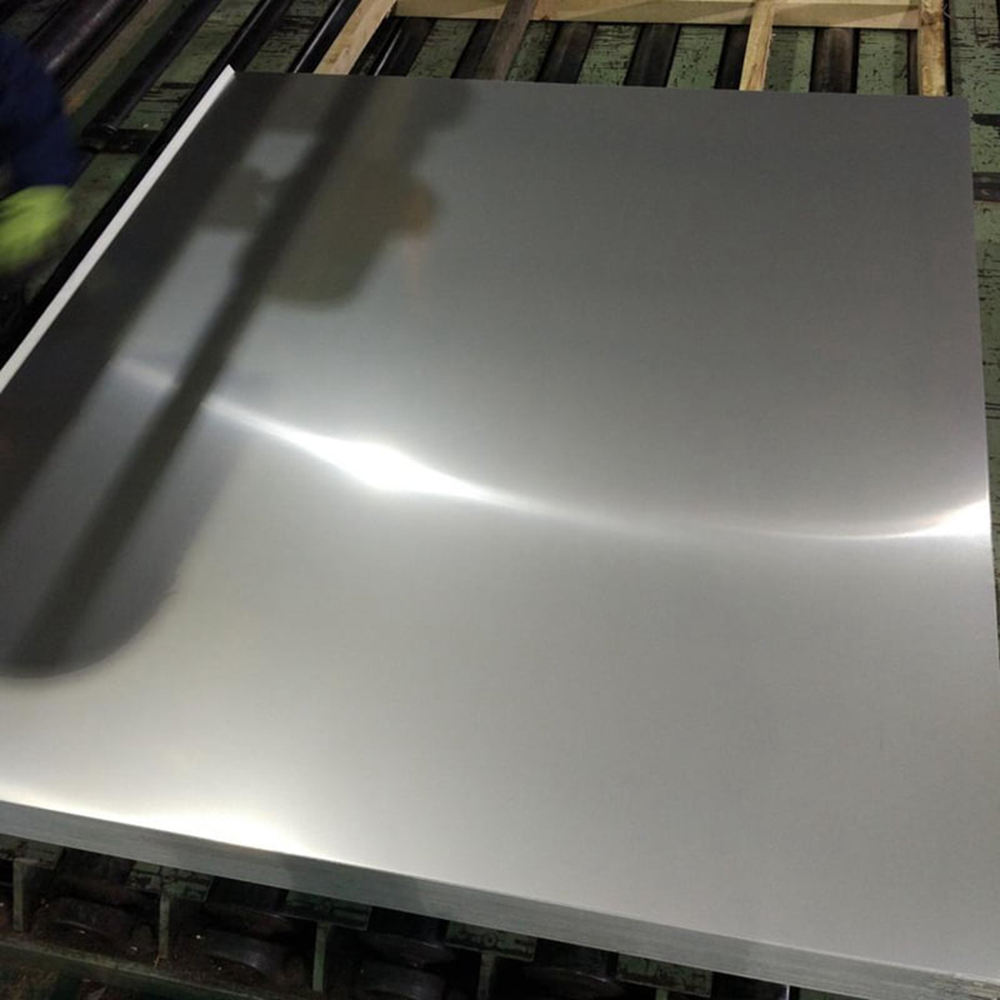Inconel is not a type of steel, but rather a family of nickel-based superalloys. These alloys are known for their exceptional heat resistance, high strength, and corrosion resistance. Inconel alloys are typically used in high-temperature applications such as aerospace, chemical processing, and gas turbines.pper oxides or the copper sulfides.
Some common grades of Inconel include:
Inconel 600: This is the most common grade, known for its excellent oxidation and corrosion resistance at high temperatures.
Inconel 625: This grade offers superior strength and resistance to various corrosive environments, including seawater and acidic media
Inconel 718: This high-strength grade is frequently used in gas turbine components and cryogenic applications.
Inconel 800: Known for its exceptional resistance to oxidation, carburization, and nitridation, this grade is often used in furnace components.
Inconel 825: This grade provides excellent resistance to both reducing and oxidizing acids, making it suitable for chemical processing applications.
These are just a few examples of the various Inconel grades available, each with its own unique properties and applications.
What alloys are in Inconel?
Inconel is a brand of nickel-based superalloys that are known for their high resistance to corrosion, oxidation, high temperatures, and pressure. The specific alloy compositions can vary depending on the desired properties and application, but typical elements found in Inconel alloys include:
Nickel (Ni): The primary component, usually making up a significant portion of the alloy composition.
Chromium (Cr): Provides corrosion resistance and high strength at elevated temperatures.
Iron (Fe): Enhances the mechanical properties and provides stability to the alloy structure.
Molybdenum (Mo): Improves overall corrosion resistance and high-temperature strength.
Cobalt (Co): Used in certain Inconel grades to enhance high-temperature strength and stability.
Titanium (Ti): Adds strength and stability to the alloy, especially at high temperatures.
Aluminum (Al): Enhances oxidation resistance and forms a protective oxide layer.
Copper (Cu): Improves resistance to sulfuric acid and other corrosive environments.
Niobium (Nb) and Tantalum (Ta): Both elements contribute to high-temperature strength and creep resistance.
Small amounts of other elements like carbon (C), manganese (Mn), silicon (Si), and sulfur (S) may also be present in Inconel alloys, depending on the specific grade and requirements.
Different grades of Inconel, such as Inconel 600, Inconel 625, or Inconel 718, have varying compositions to optimize performance for specific applications.
What are the uses of Inconel alloys?
Inconel alloys find wide application in various industries due to their unique properties. Some common uses of Inconel alloys include:
Aerospace and Aircraft Industry: Inconel alloys are commonly used in aircraft engines, gas turbines, and heat exchangers due to their excellent strength, corrosion resistance, and high-temperature performance.
Chemical Processing: Inconel alloys are resistant to corrosive environments and high-temperature oxidizing atmospheres, making them ideal for chemical processing equipment such as reactors, valves, and piping systems.
Power Generation: Inconel alloys are used in gas turbines, steam turbines, and nuclear power systems for their resistance to high-temperature corrosion and mechanical strength.
Automotive Industry: Inconel alloys find applications in exhaust systems, turbocharger components, and other high-temperature engine parts due to their resistance to heat and corrosive gases.
Marine Industry: Inconel alloys are used in marine environments due to their excellent resistance to saltwater corrosion, making them suitable for seawater-cooled components and offshore structures.
Oil and Gas Industry: Inconel alloys are commonly used in oil and gas extraction and processing equipment, such as downhole tubulars, valves, wellhead components, and high-pressure piping systems.
Petrochemical Industry: Inconel alloys are utilized in the petrochemical industry for their resistance to corrosive chemicals, enabling them to be used in reactors, heat exchangers, and piping systems.
Nuclear Industry: Inconel alloys are used in nuclear reactors and components due to their resistance to high-temperature and corrosive environments, as well as their ability to withstand radiation damage.
Medical Industry: Inconel alloys are used in medical applications such as implants, surgical instruments, and dental components due to their biocompatibility, corrosion resistance, and high strength.
Electronics and Semiconductor Industry: Inconel alloys are used for components in electronic devices, like heat shields, connectors, and corrosion-resistant coatings, due to their high-temperature stability and electrical properties.
It is worth noting that the specific grade of Inconel alloy, such as Inconel 600, Inconel 625, or Inconel 718, will differ based on the requirements of each application.


